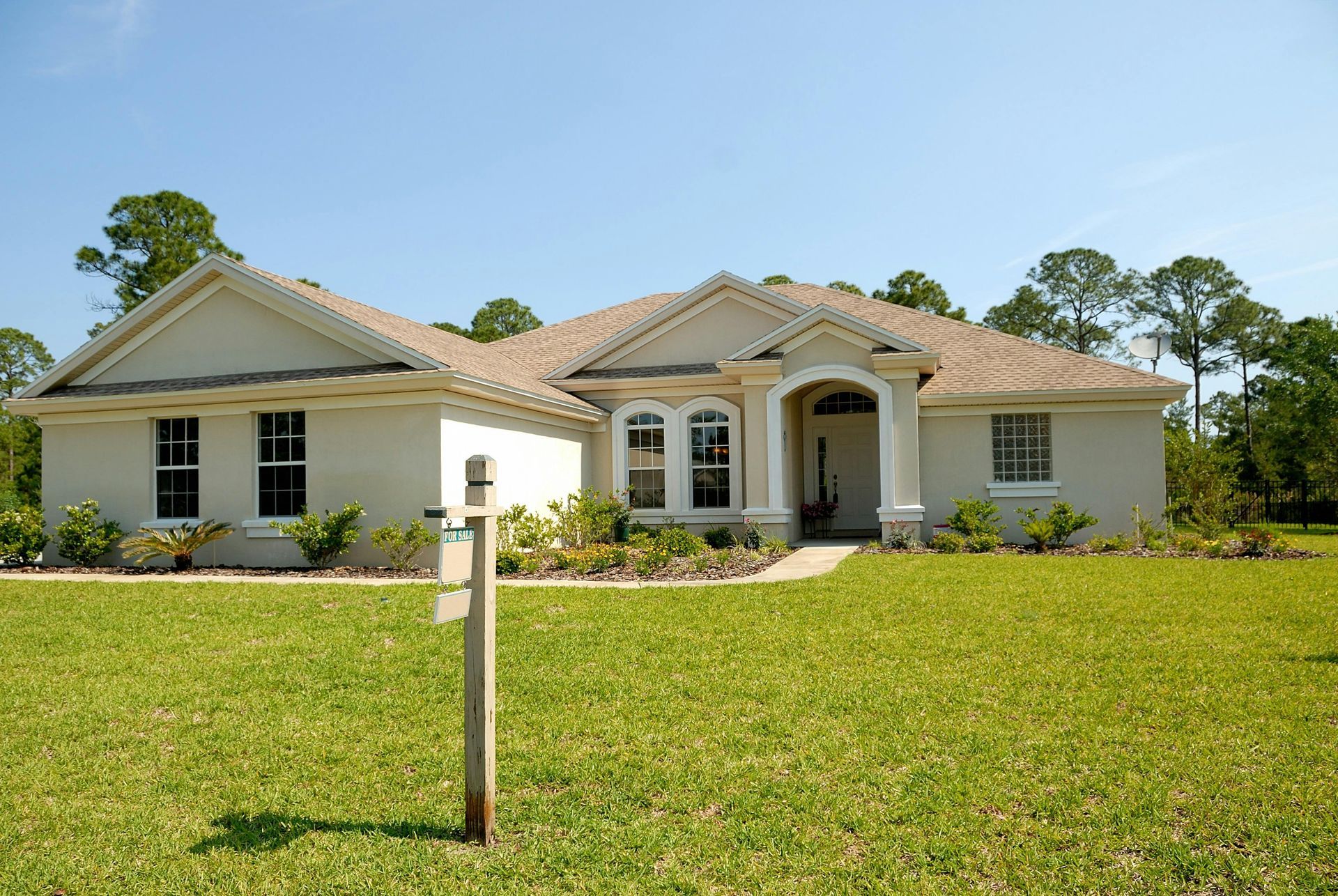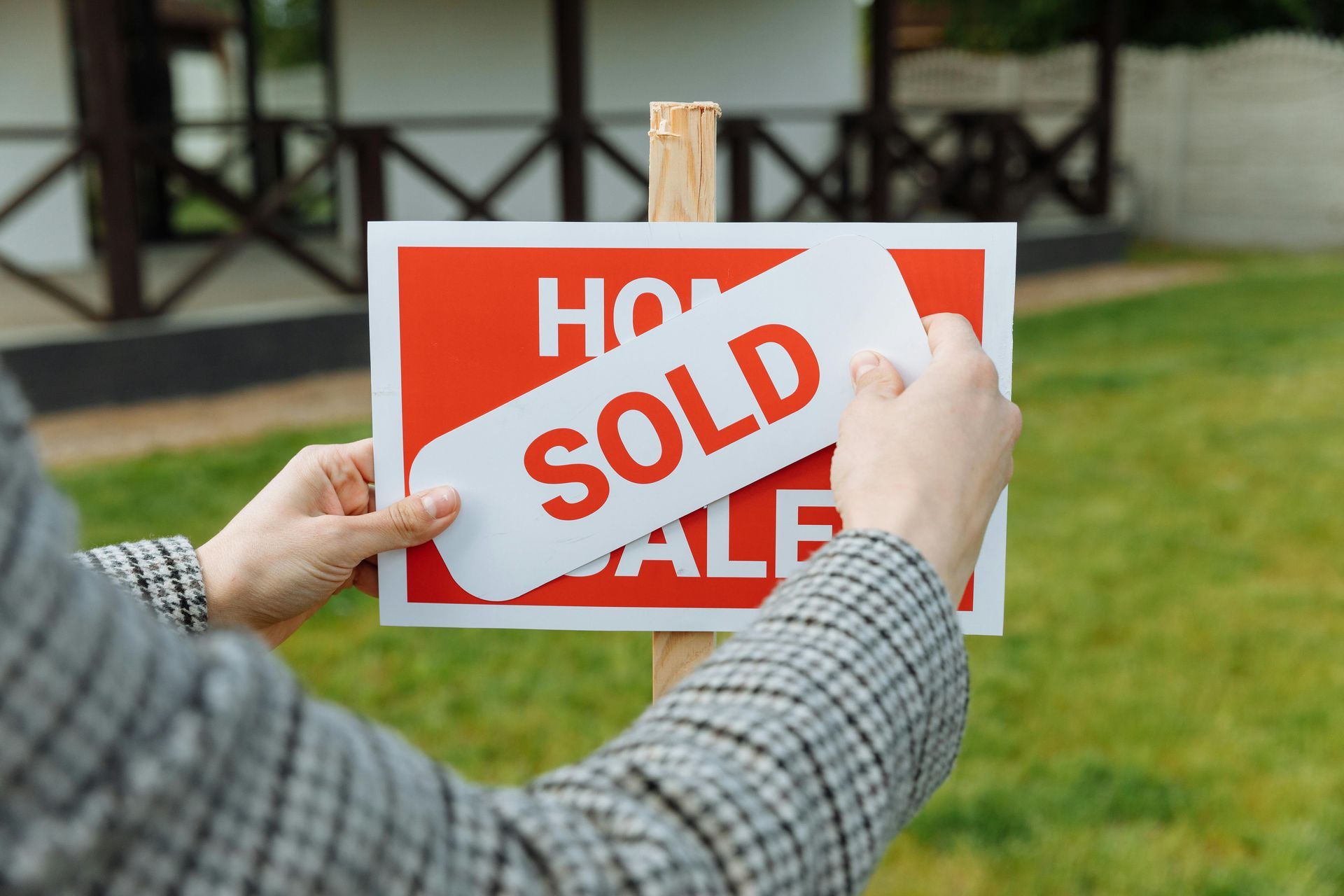Is the Zestimate Accurate? What You Need to Know Before Trusting Zillow
Has Zillow Toured Your Home?
If you've ever browsed real estate listings online, you've likely come across Zillow’s Zestimate — a popular tool that provides an estimated market value for homes. But how accurate is it really? Should buyers, sellers, and homeowners rely on it when making big decisions?
Let’s break down what the Zestimate is, how it works, and whether you can trust it.

What Is the Zestimate?
The Zestimate is Zillow’s proprietary algorithm that calculates an estimated market value for nearly every home in the U.S., using public data, MLS feeds, user-submitted data, tax records, recent sales, and market trends. It’s designed to give a ballpark idea of what a home might be worth today. But that’s the keyword: might.
How Accurate Is the Zestimate?
Zillow claims their Zestimates have a median error rate of about 2-7% for on-market homes, and a higher error rate (6-10%+) for off-market homes. That can translate to tens of thousands of dollars in either direction, depending on the property's location and price.
Factors that affect Zestimate accuracy:
- Location: Some markets (like big cities) have more data, which helps accuracy. In rural or fast-changing markets, estimates can be way off.
- Data availability: If your home has outdated or missing info (bedroom count, renovations, square footage), the Zestimate can be skewed.
- Recent sales: The algorithm uses comparable recent sales ("comps") — if there haven’t been many similar homes sold nearby recently, accuracy drops.
Real-Life Examples
- A newly renovated home may have a Zestimate based on its pre-renovation state — potentially undervaluing it by $50K or more.
- A home in a rapidly appreciating neighborhood might lag behind market trends, showing a Zestimate that's outdated by months.
- Conversely, a Zestimate may overvalue a home based on outdated "hot" comps, causing sellers to overprice.
Why You Shouldn’t Rely on It Alone
While the Zestimate is a helpful starting point, it’s not an appraisal, and it’s definitely not a replacement for local expertise. Real estate agents, appraisers, and even automated valuation models (AVMs) used by lenders take far more into account — including:
- Interior condition
- Unique features
- Recent upgrades
- Neighborhood trends
- Buyer demand
These are all things the Zestimate can’t fully understand.
How to Get a More Accurate Estimate
If you want to know what your home is really worth, consider these steps:
- Hire a local real estate agent for a comparative market analysis (CMA).
- Order a professional appraisal, especially before selling or refinancing.
- Update your home’s Zillow profile with accurate data and upgrades — it can improve the Zestimate.
- Monitor local sales of similar homes to understand market conditions.
Bottom Line
The Zestimate can be a useful tool — a digital compass, not a GPS. It gives you a rough sense of direction, but it's not precise enough to navigate a complex transaction on its own.
So, is the Zestimate accurate?
Sometimes — but you’re better off using it as a starting point, not a final answer.
Bonus Tip
Want to test how accurate Zestimates are in your neighborhood? Try this:
- Search for recently sold homes in your area.
- Compare their final sale price to their Zestimate just before the sale.
- You’ll likely see a wide range of differences — sometimes spot on, other times way off.
Contact Deborah Zamora for a FREE Comparative Market Analysis'










